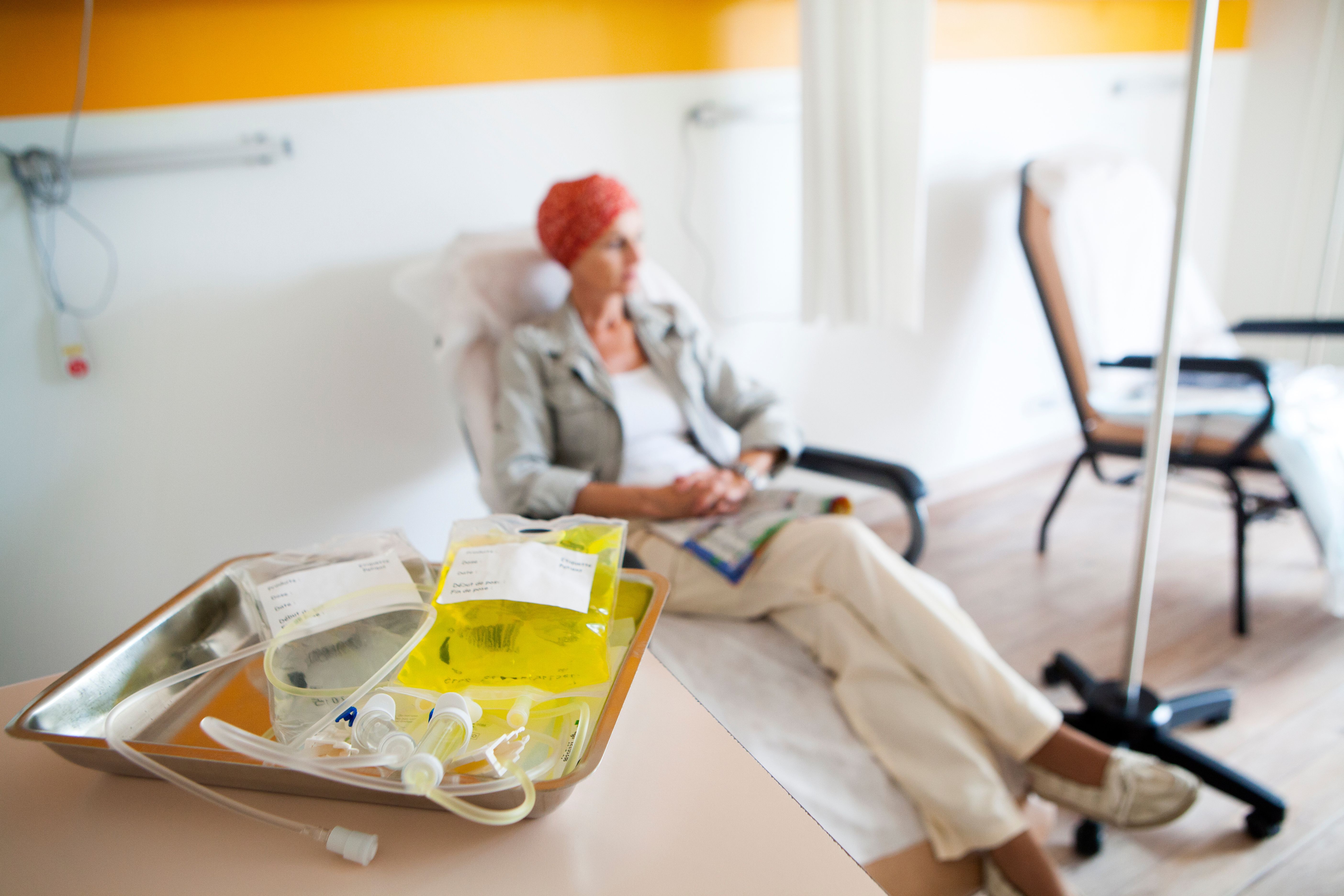- Bone Health
- Immunology
- Hematology
- Respiratory
- Dermatology
- Diabetes
- Gastroenterology
- Neurology
- Oncology
- Ophthalmology
- Rare Disease
- Rheumatology
Study: Biosimilar Use, Dose Rounding Produce More Cost Savings Than Either Strategy Alone
A retrospective study of New England patients receiving trastuzumab or bevacizumab found that combining dose rounding and biosimilar use resulted in greater cost savings than either strategy alone.
Image credit: RFBSIP - stock.adobe.com

A retrospective study of 1156 patients in New England receiving trastuzumab or bevacizumab found that combining dose rounding and biosimilar use resulted in greater cost savings than either strategy alone as rising costs have spurred cost-saving initiatives.
The authors of the study said that costs associated with cancer care have been growing rapidly and are estimated to keep increasing. The rise in costs has led many centers to utilize dose rounding—rounding to the nearest vial size when the difference is 10% or less—as a cost-saving and drug waste reduction strategy. However, according to the authors, no previous studies have estimated the cost savings associated with dose rounding and biosimilar utilization combined.
The retrospective study of electronic health records included patients from 2 large health systems in New England who received trastuzumab or bevacizumab, monoclonal antibodies targeting vascular endothelial growth factor, between 2015 and 2020. The specific molecules were chosen because biosimilars referencing both were available on the formularies of both health systems. A total of 1156 patients and 15,145 doses of trastuzumab or bevacizumab were included, and the most common indications for treatment were breast and gynecological malignancies. The investigators estimated costs based on Medicare drug pricing and compared cost per dose in 4 groups: dose rounding/biosimilar use; dose rounding only, biosimilar use only, and neither.
Most (75%) of the patients received reference products that were not dose rounded, 12% received dose rounded reference products, 8% received biosimilars that were not dose rounded, and 5% received dose rounded biosimilars. There were some differences in baseline characteristics between groups, such as a higher percentage of patients with metastatic disease and a larger average dosing weight in the dose-rounding/biosimilar group compared to other groups.
Compared to neither dose rounding nor biosimilar use, dose rounding/biosimilar use was estimated to save $331 per dose for trastuzumab (95% CI, 356 to –30) and $497 per dose for bevacizumab, (95% CLs, –512.73 to −481.06). Dose rounding only was not estimated to reduce costs compared to neither dose rounding nor biosimilar use. Biosimilar use only was estimated to reduce costs by $261 and $366 per dose of trastuzumab and bevacizumab compared to a reference product that was not dose rounded.
The authors concluded that dose-rounding and biosimilar use combined resulted in greater cost savings than either strategy alone, saying that combining the 2 strategies “should be considered for global adaptation as standard to circumvent rising costs” without compromising care.
Reference
Abdelmeseh V, Brown BR, Huynh JP, Zullo AR. Comparative cost savings of biosimilar and dose rounding utilization in oncology care. J Oncol Pharm Pract. 2023;29(6):1437-1442. doi:10.1177/10781552221134257
Newsletter
Where clinical, regulatory, and economic perspectives converge—sign up for Center for Biosimilars® emails to get expert insights on emerging treatment paradigms, biosimilar policy, and real-world outcomes that shape patient care.
